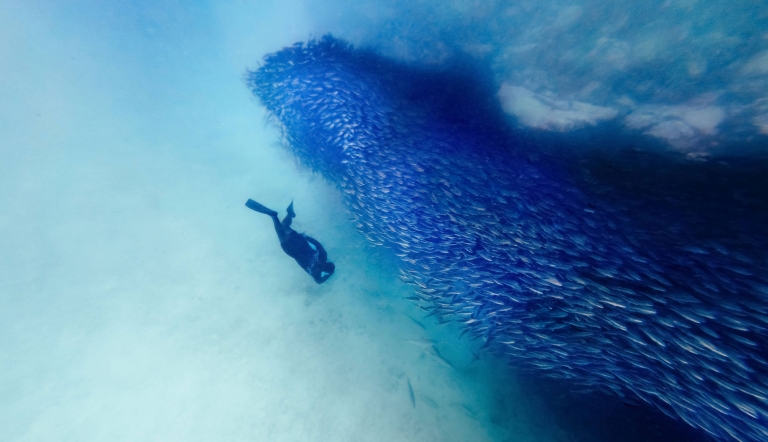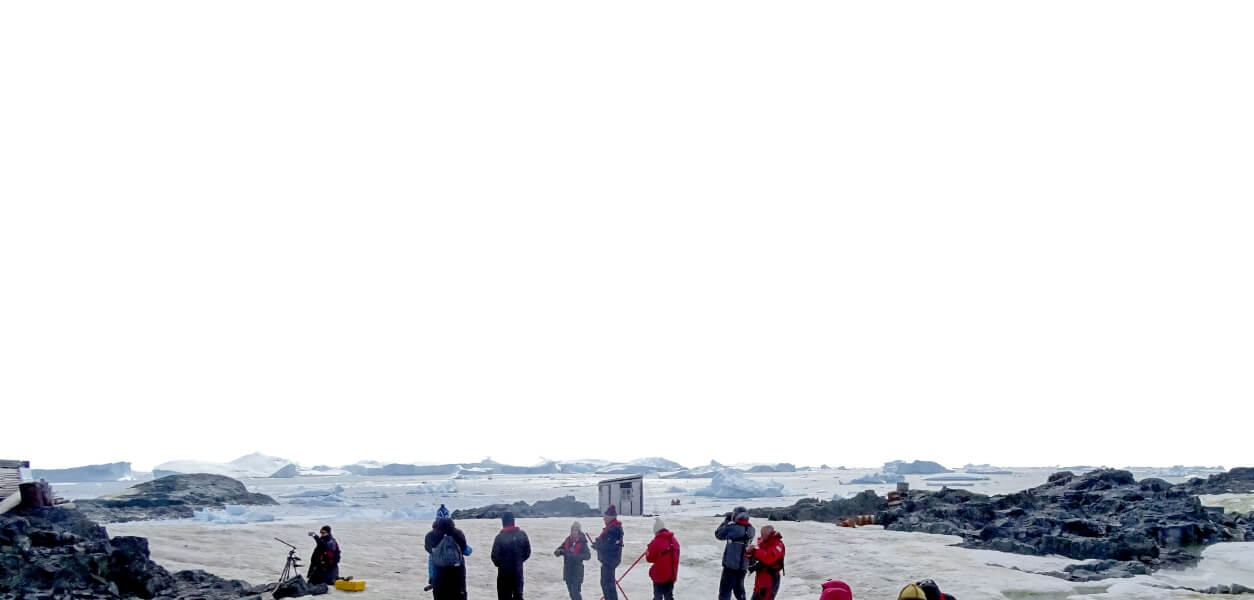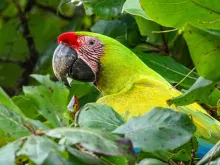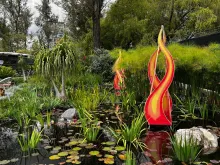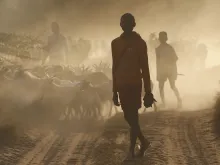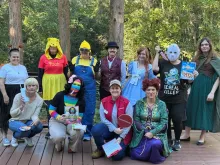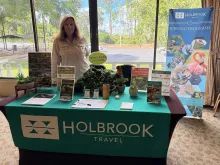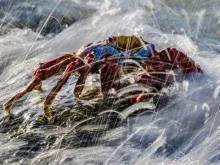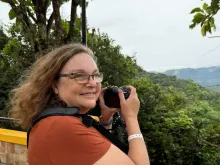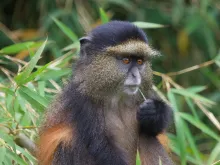When my husband first looked at the blog he announced, "You've spelled Inka wrong!", "It's Inca, not Inka!"
I knew that Inka was the more politically correct spelling but I didn't know much more than that about the spelling so I looked around a bit for some information. I found some info on wikipedia site with reference to Bruce Mannheim, The Language of the Inka since the European Invasion, University of Texas Press, Austin, Texas,1991.
In recent years, the spelling of place names in Peru and Bolivia has been revised among Quechua and Aymara speakers. A standardized alphabet for Quechua was adopted by the Peruvian government in 1975.
These changes are considered to be part of a general process of spelling standardization and reassertion of the right of these native languages to their own spelling system appropriate for their sound systems, which are very different from that of Spanish. This goes along with a growth of pride in the Andean heritage of these countries and a move to recover the prestige of their indigenous languages. These spelling changes are part of the official alphabets for Quechua and Aymara in Peru, Bolivia and Ecuador.
So, I'm stickin' with Inka and off I go this afternoon! More later after arrival to Lima!
Up Next...
Holbrook's 2026 Calendar
Each year, we ask our travelers to submit their favorite photos from their journeys with us for a chance to be featured in our annual calendar. This year, as always, we had many great submissions, and
Photo of the Month: January 2026
This adventure to Torres del Paine had been a bucket list item for many, many years! Now was my time for my “latitude adjustment.” There was beauty at every turn we made!
Photo of the Month: December 2025
Above: The critically endangered Great Green Macaw (Ara ambiguus) is a magnificent species native to the rainforests of Central and South America. These macaws heavily rely on the mountain almond tree
